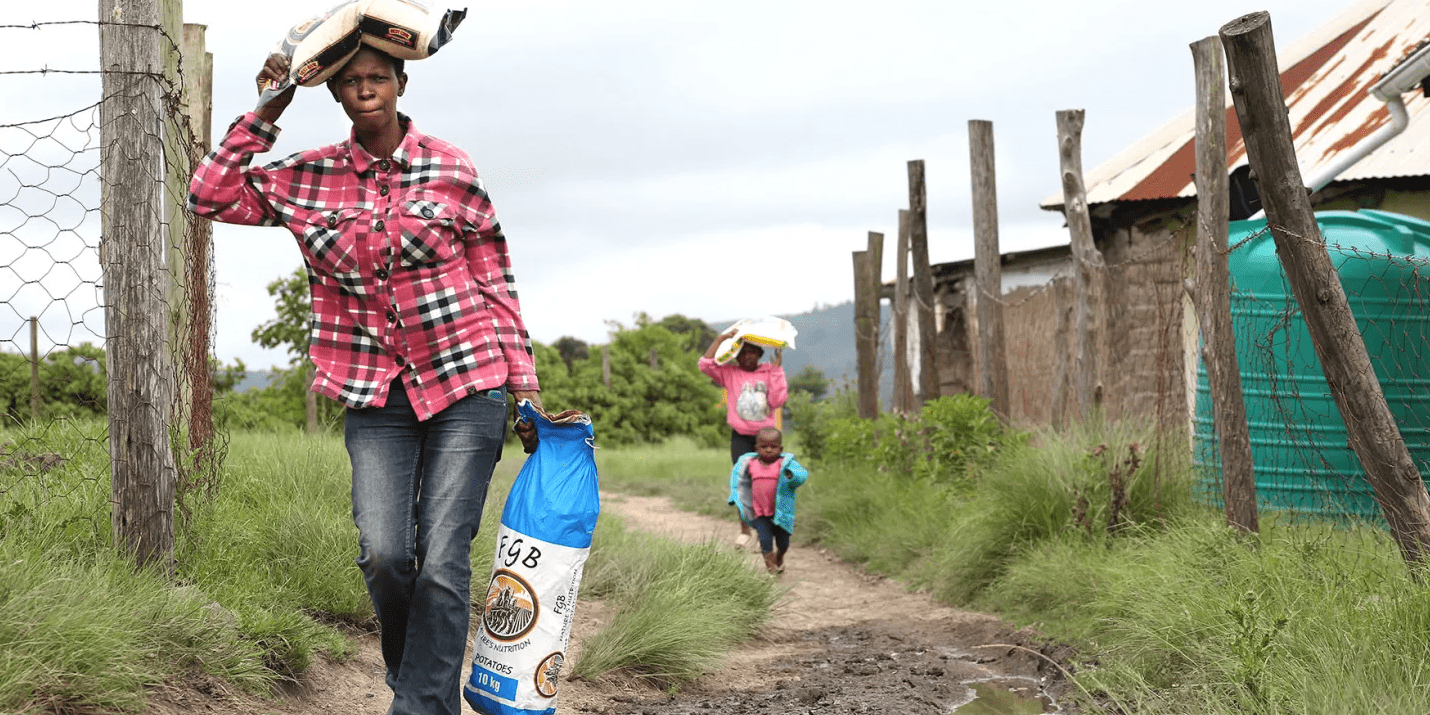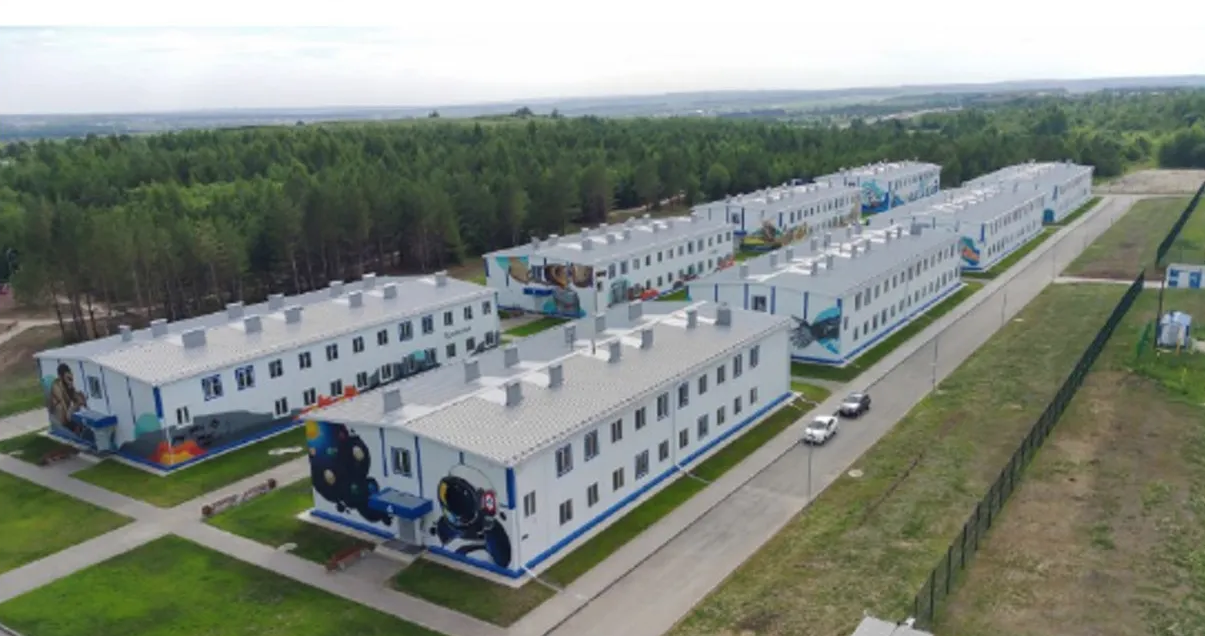HARARE – The annual rate of inflation in Zimbabwe had hit a new record of 2,2 million per cent, Gideon Gono, the governor of the central bank, said yesterday.
“Statistics provided by the central statistical office [CSO] indicate that it is now at 2,2 million percent,” said Gono. The head of the CSO, Moffat Nyoni, confirmed the figure but said it was only a rough barometer, as it was based on limited data.Nyoni said: “We can confirm that is the figure we have given to …users, but that is not the sort of data we would normally publish with confidence, because it was not based on the sort of information we would normally use.”The information was based on fewer observations than we would be confident with, due to scarcities,” added Nyoni.”However, with the information we have managed to obtain, this is the rate of inflation.”Zimbabwe President Robert Mugabe said increasing levels of production were key to efforts to tame inflation.”As a country, our declared battle against the scourge of high inflation must be accomplished,” said Mugabe.”The more goods we have, the less demand there will be.Once demand is satisfied, then prices will begin to fall.”Mugabe, who has frequently blamed the country’s economic woes on a package of targeted sanctions imposed by the West, reiterated his attack on the “illegal” measures.”We must be of one accord.The sanctions must be defeated.”Once one of the continent’s best performing economies, Zimbabwe has been in meltdown since the turn of the decade, when Mugabe launched a controversial land reform programme that resulted in the state seizing thousands of white-owned farms.The country’s inflation first passed the 1 000 per cent threshold in May 2006 and it has been rising continuously.The government has tried a series of measures to slow down the inflation juggernaut, including ordering shops to halve the prices of basic goods last year.The plan was dropped after it led to shortages in shops.Retailers now have to increase their prices several times a day for goods purchased with billion-dollar bank notes.Business ReportThe head of the CSO, Moffat Nyoni, confirmed the figure but said it was only a rough barometer, as it was based on limited data.Nyoni said: “We can confirm that is the figure we have given to …users, but that is not the sort of data we would normally publish with confidence, because it was not based on the sort of information we would normally use.”The information was based on fewer observations than we would be confident with, due to scarcities,” added Nyoni.”However, with the information we have managed to obtain, this is the rate of inflation.”Zimbabwe President Robert Mugabe said increasing levels of production were key to efforts to tame inflation.”As a country, our declared battle against the scourge of high inflation must be accomplished,” said Mugabe.”The more goods we have, the less demand there will be.Once demand is satisfied, then prices will begin to fall.”Mugabe, who has frequently blamed the country’s economic woes on a package of targeted sanctions imposed by the West, reiterated his attack on the “illegal” measures.”We must be of one accord.The sanctions must be defeated.”Once one of the continent’s best performing economies, Zimbabwe has been in meltdown since the turn of the decade, when Mugabe launched a controversial land reform programme that resulted in the state seizing thousands of white-owned farms.The country’s inflation first passed the 1 000 per cent threshold in May 2006 and it has been rising continuously.The government has tried a series of measures to slow down the inflation juggernaut, including ordering shops to halve the prices of basic goods last year.The plan was dropped after it led to shortages in shops.Retailers now have to increase their prices several times a day for goods purchased with billion-dollar bank notes.Business Report
Stay informed with The Namibian – your source for credible journalism. Get in-depth reporting and opinions for
only N$85 a month. Invest in journalism, invest in democracy –
Subscribe Now!










